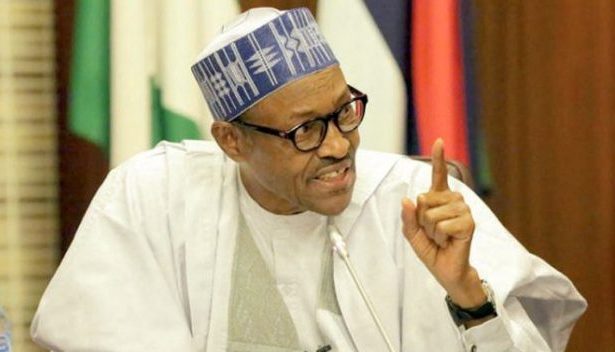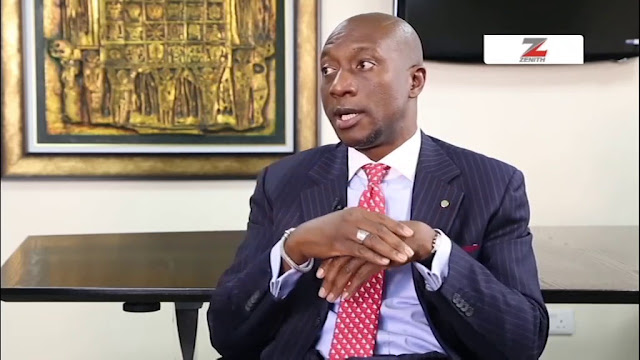"Okada", "Keke", "Gokada", "Opay", now Uber have their operations either banned or heavily restricted.
Somehow, rickety, smelly "danfo" is exempted and part of the Greater Lagos.
Who can explain this in simple terms. I do not understand.
Somehow, rickety, smelly "danfo" is exempted and part of the Greater Lagos.
Who can explain this in simple terms. I do not understand.








.jpeg)






























